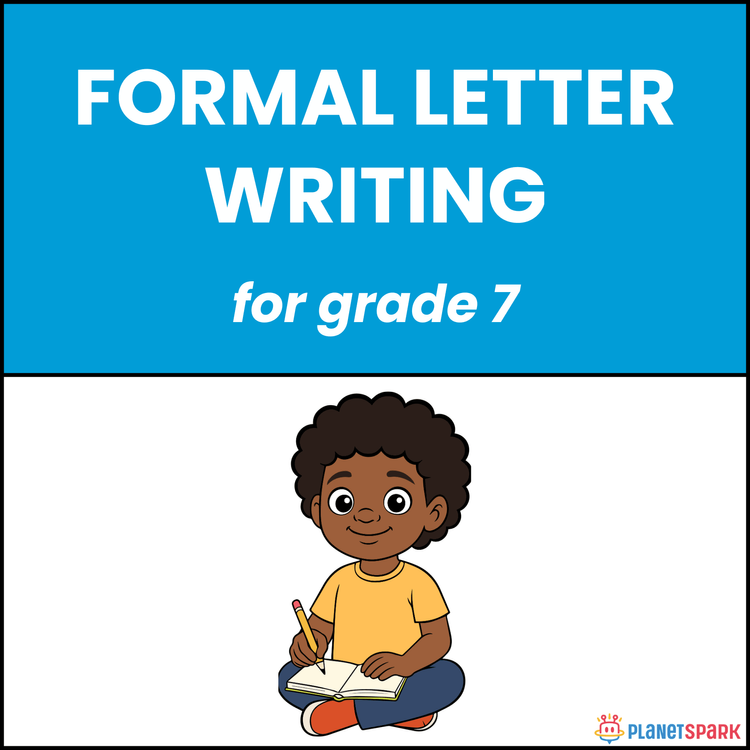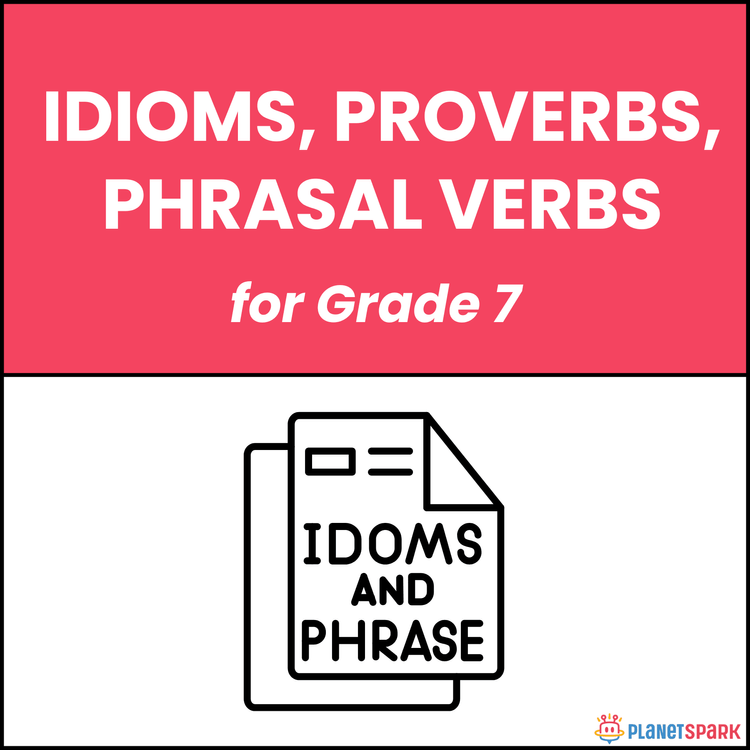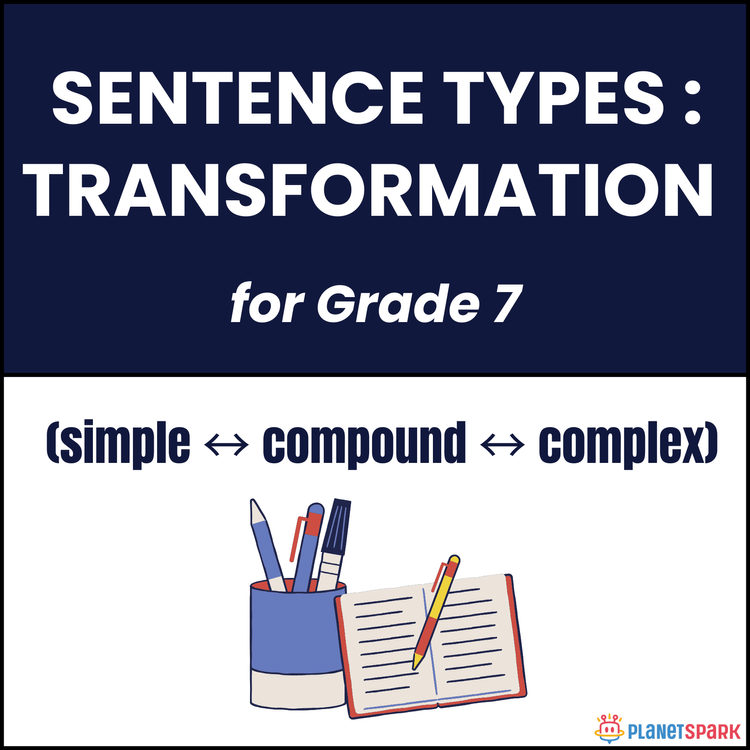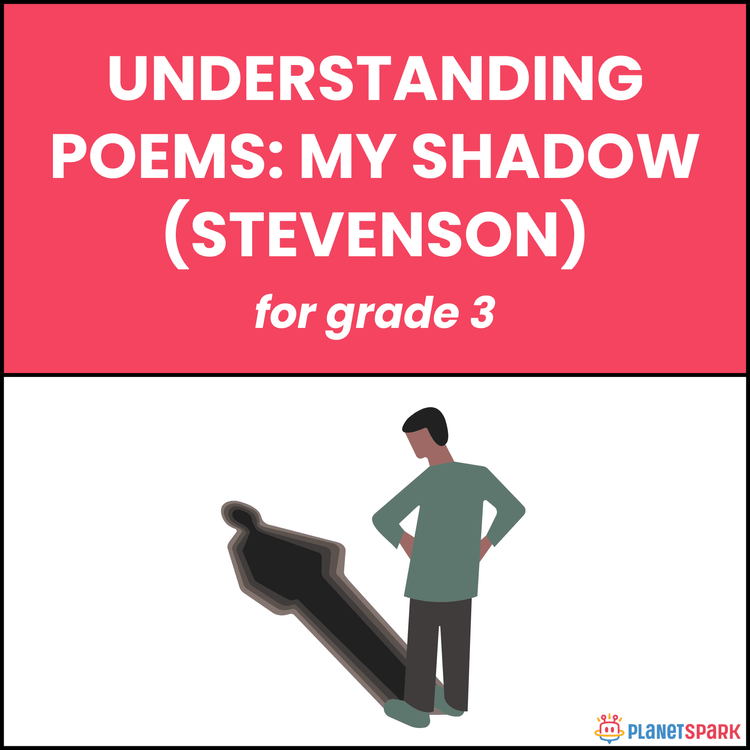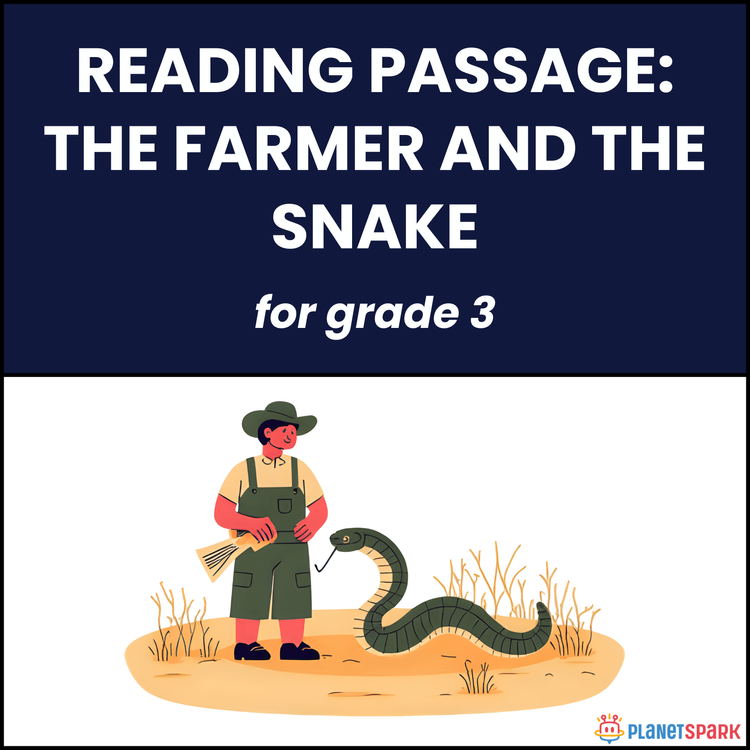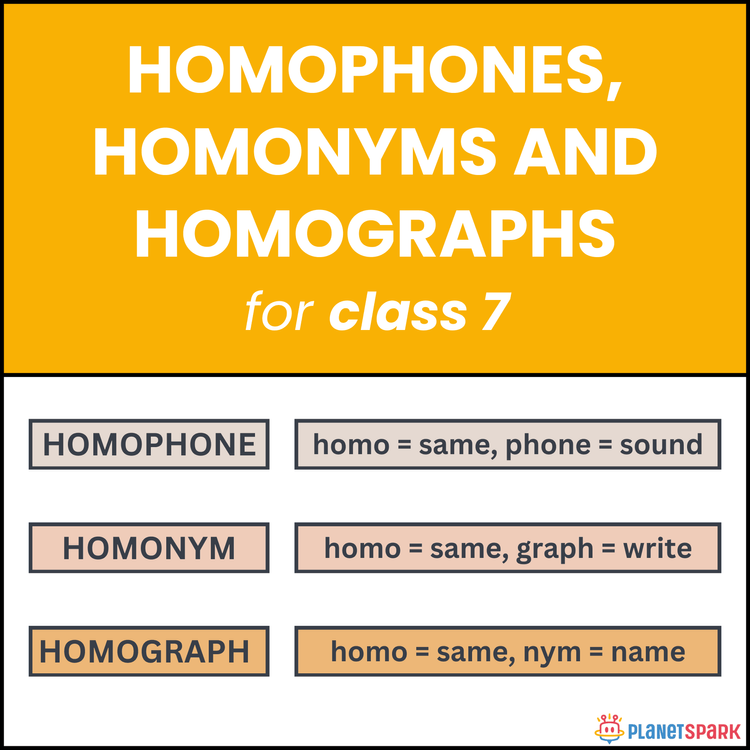Class 7 Direct and Indirect Speech Worksheet
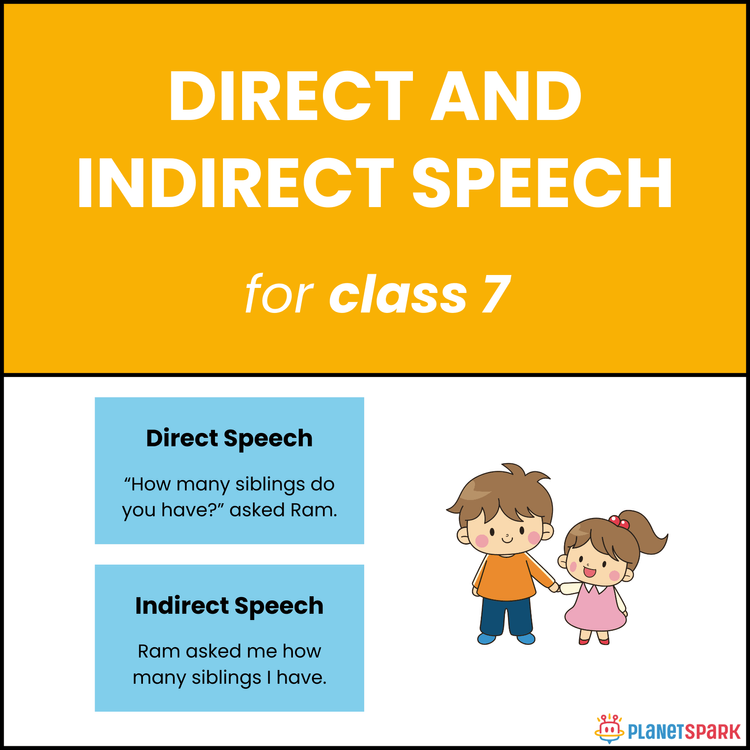

Class 7 Direct and Indirect Speech Worksheet
Report It Right: Direct and Indirect Speech for Class 7
This Class 7 worksheet strengthens grammar skills by teaching students to convert direct speech into indirect speech and vice versa. With activities like matching, multiple choice, rewriting, error correction, and sentence writing, learners gain confidence in reporting speech accurately and flexibly.
Why Direct and Indirect Speech Matters in Grammar?
This worksheet helps learners:
1. Understand tense, pronoun, and time changes when shifting between direct and indirect speech.
2. Practice rewriting and editing skills to improve grammar accuracy.
3. Retell conversations and information clearly in both academic and everyday contexts.
4. Build fluency in both spoken and written communication.
What’s Inside This Worksheet?
This worksheet includes five structured activities:
Exercise 1 – Match the Sentences
Students match direct sentences like *“I have been waiting here,” said Anil* with indirect forms like *Anil said he had been waiting there*.
Exercise 2 – Multiple Choice Questions
Learners choose the correct indirect speech, e.g., *“Do you play chess?” asked the coach* → *The coach asked if I played chess*.
Exercise 3 – Rewrite the Sentences
Students change direct speech into indirect, e.g., *“I have finished my project,” said Neha* → *Neha said that she had finished her project*.
Exercise 4 – Error Correction (Indirect to Direct)
Students rewrite indirect sentences back into direct, e.g., *Teacher said that the students were making noise* → *“You are making noise,” said the teacher*.
Exercise 5 – Sentence Writing
Students write six direct sentences on “The Importance of Reading” and convert them into indirect speech.
✅ Answer Key (For Parents & Educators)
Exercise 1 – Match the Sentences
1-g. Anil said he had been waiting there.
2-f. They said they would travel to Jaipur.
3-h. Ritu said he was working on a new song.
4-d. Sana said she had finished her chores.
5-e. Mohan said they had been studying together.
6-b. Rahul said they had visited the Taj Mahal.
7-a. Priya said she would be painting the next day.
8-c. Asha said she could drive a car.
Exercise 2 – MCQs
1-b. Tara said that she was hungry.
2-b. The coach asked if I played chess.
3-c. Anya requested me to open the window.
4-a. Father said that Rohan had finished his work.
5-c. They said that they would return the next day.
6-a. Veer said that he could carry that.
7-c. Leela said that she was drawing.
8-b. Nia asked whether I had seen the moon.
Exercise 3 – Direct → Indirect
1. Neha said that she had finished her project.
2. The girls said that they would go to the market the next day.
3. Arjun said that he had been studying the previous night.
4. Ravi said that he could carry that box.
5. Meera said that they were waiting for the bus.
6. Pooja said that she had seen a rainbow in the sky.
7. The boys said that they had played cricket before lunch.
8. Mother said that she was singing a song.
9. Father said that he would call me in the evening.
10. The student said that he had written a poem.
Exercise 4 – Indirect → Direct
1. “You are making noise,” said the teacher.
2. “I have lost my pen,” he said.
3. “I am going to the market,” she said.
4. “We will practice tomorrow,” said the coach.
5. “I am reading the newspaper,” said father.
6. “I have finished my project,” she said.
7. “We are happy,” they said.
8. “I will cook dinner,” said mother.
9. “I baked a cake,” said grandma.
10. “I am preparing dinner,” said father.
Exercise 5 – Sample Sentences (Topic: Reading)
Direct: “I enjoy reading books,” said Anil. → Indirect: Anil said that he enjoyed reading books.
Direct: “We are reading novels,” said the children. → Indirect: The children said that they were reading novels.
Direct: “I shall borrow a book tomorrow,” said Meena. → Indirect: Meena said that she would borrow a book the next day.
Direct: “Reading is fun,” said Ramesh. → Indirect: Ramesh said that reading was fun.
Direct: “I finished a story yesterday,” said Neha. → Indirect: Neha said that she had finished a story the previous day.
Direct: “I can read quickly,” said Asha. → Indirect: Asha said that she could read quickly.
Help your child master reporting speech with this practical worksheet — turning everyday conversations into grammar fluency!
🔖Book a free trial!
Frequently Asked Questions
Indirect speech often shifts the tense back to match the reporting verb.
It helps in writing essays, dialogues, and narratives more effectively.
Errors in pronoun shifts, tense changes, or missing connectors like “that.”
